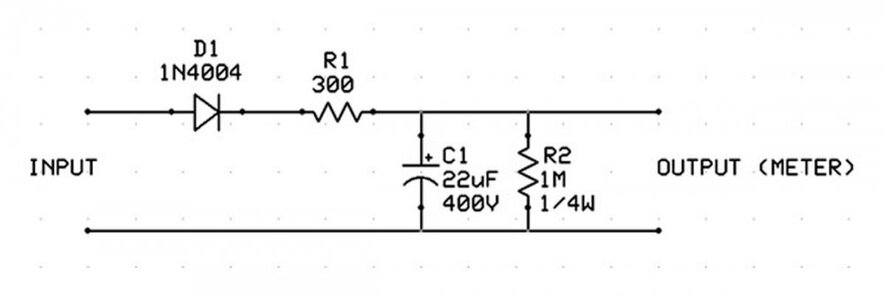- Location
- Iowa
‘95 750 sxi stopped running mid-season last year and when I finally dug into it this year I found that I had no visible spark across the spark plug and minimal lighting of the bulb in the inline spark tester. I tore into the e-box and discovered that it had standing water inside. Cleaned it all out, replaced the ignition coil and the starter relay, and cleaned all of the electrical connections. Put it all back together and I can occasionally get a single small spark that jumps the spark plug gap, but it’s basically just as bad as before.
Have ruled out start/stop switch by testing stop switch for infinite resistance and checking with a spare start/stop switch just to be sure.
Next part I am considering replacing is the stator. However, when I tested the stator coil resistances, I got the following values that all appear to be within spec.
Blue to Green: 511 ohms
Purple to Red: 413 ohms
Brown to Brown: 1 ohm
Given the expense of rewinding/replacing the stator and the hassle of installing (need to remove Factory Pipe (wet), I’m curious how likely it is that this is really the problem. Is there something else that could be wrong with the stator that the coil resistances wouldn’t reveal? Would I gain anything by disassembling everything and visually inspecting the stator?
Have ruled out start/stop switch by testing stop switch for infinite resistance and checking with a spare start/stop switch just to be sure.
Next part I am considering replacing is the stator. However, when I tested the stator coil resistances, I got the following values that all appear to be within spec.
Blue to Green: 511 ohms
Purple to Red: 413 ohms
Brown to Brown: 1 ohm
Given the expense of rewinding/replacing the stator and the hassle of installing (need to remove Factory Pipe (wet), I’m curious how likely it is that this is really the problem. Is there something else that could be wrong with the stator that the coil resistances wouldn’t reveal? Would I gain anything by disassembling everything and visually inspecting the stator?

